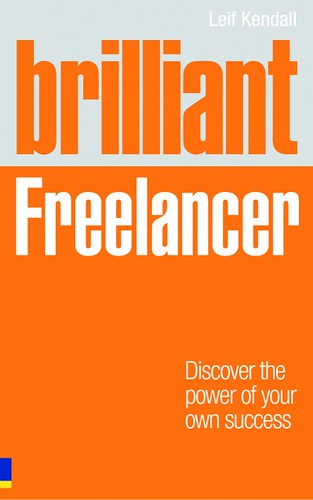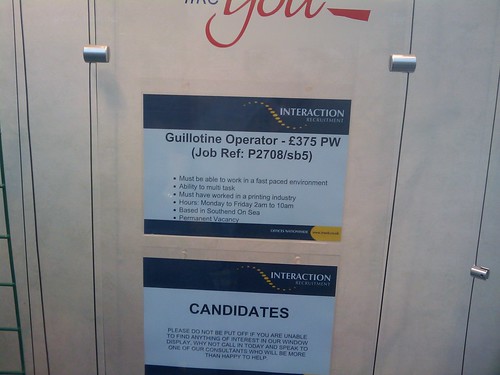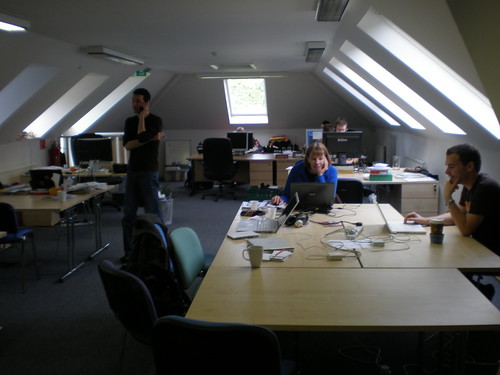How do you choose a freelance copywriter or a content agency?
It’s a tricky choice to make. But here are a few things to consider – in no particular order…
1: Personality
Do you like the copywriter, or the managers at the content agency? Will you enjoy working with them?
Personality and likeability are important factors because you’ll need to get along, especially if your project is challenging (i.e. with a tight deadline).
2: Skill
Does the writer have the skills to write great copy for your business? If you’re using a content agency, be aware that the account manager may not do the writing. Your contact might be an expert but is the writer equally qualified?
3: Experience
Direct experience of your industry isn’t always essential – and in some cases a fresh perspective can be invaluable – but sometimes you want to know that your copywriter ‘gets’ your business immediately, without you having to bring them up to speed.
Check out their portfolio and ask whether they have any relevant experience.
4: Price
It’s a terrible idea to base your choice entirely on cost, but you may have a fixed budget and need to rein in costs. It’s best to be open about your budget so you don’t waste time talking to someone you can’t afford.
5: Availability
The best copywriters are usually the busiest. So if you have an urgent project and just can’t wait, you may have to settle for a second-tier copywriter.
6: Longevity
How long has the copywriter been in business? If a copywriter has been in business for a few years it’s safer to assume that they’ll still be in business when you need them next.
7: Your needs
Some copywriters have minimum project sizes (e.g. £1000) or are only looking for ongoing client relationships. Make sure the copywriter you pick is going to be happy doing the work you need.
8: Approach
How does the copywriter tackle projects? Do they work remotely – or will they come to you? How will they get to know your organisation? How will they deliver content? How do they manage amendments? Does their approach fit with your organisation?
9: Location
Do you need a copywriter who can travel to your office? While the majority of content projects can be adequately completed remotely, there are occasions where face-to-face meetings and workshops are invaluable. Check your copywriter’s location – and whether they’re happy to travel.
Are you looking for a freelance copywriter? Get in touch to discuss your project and how we might help >>














